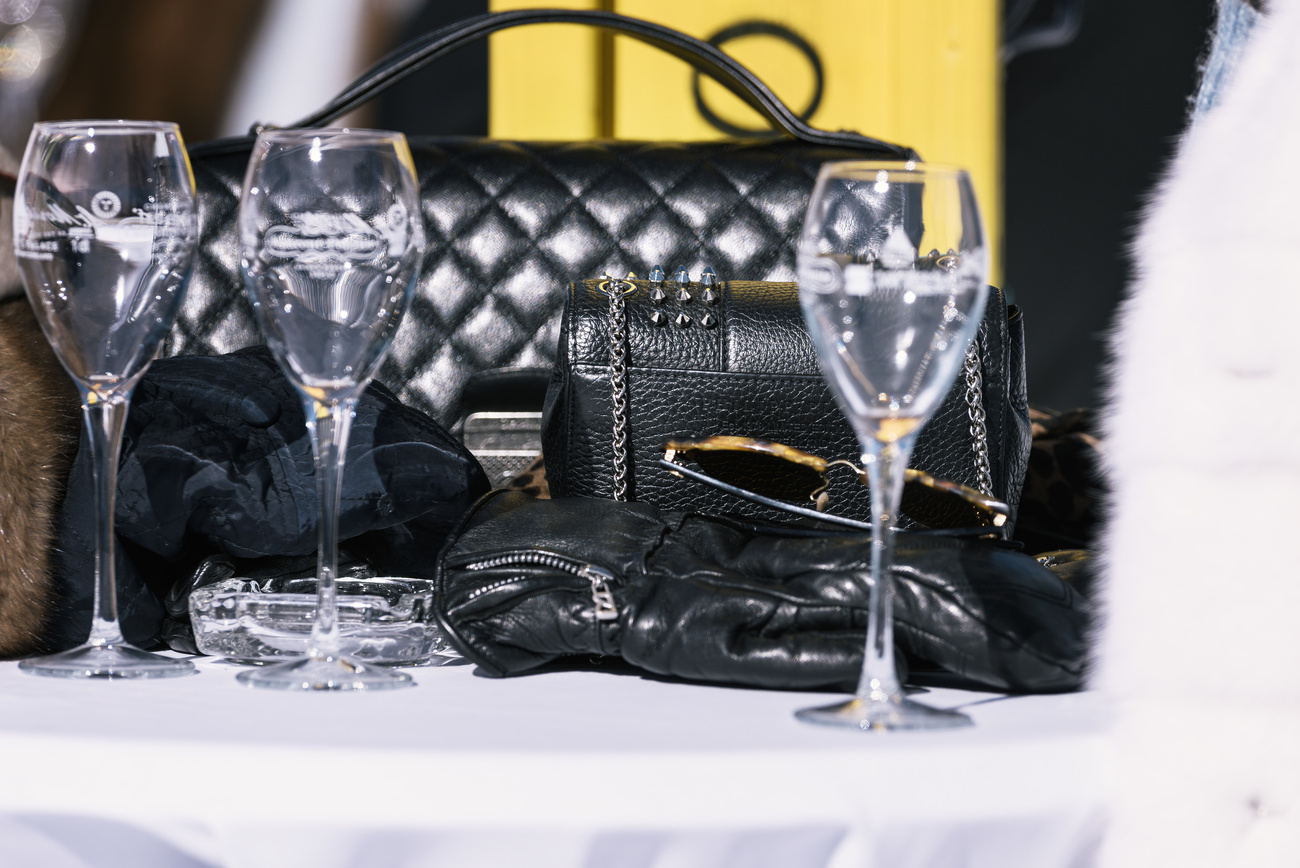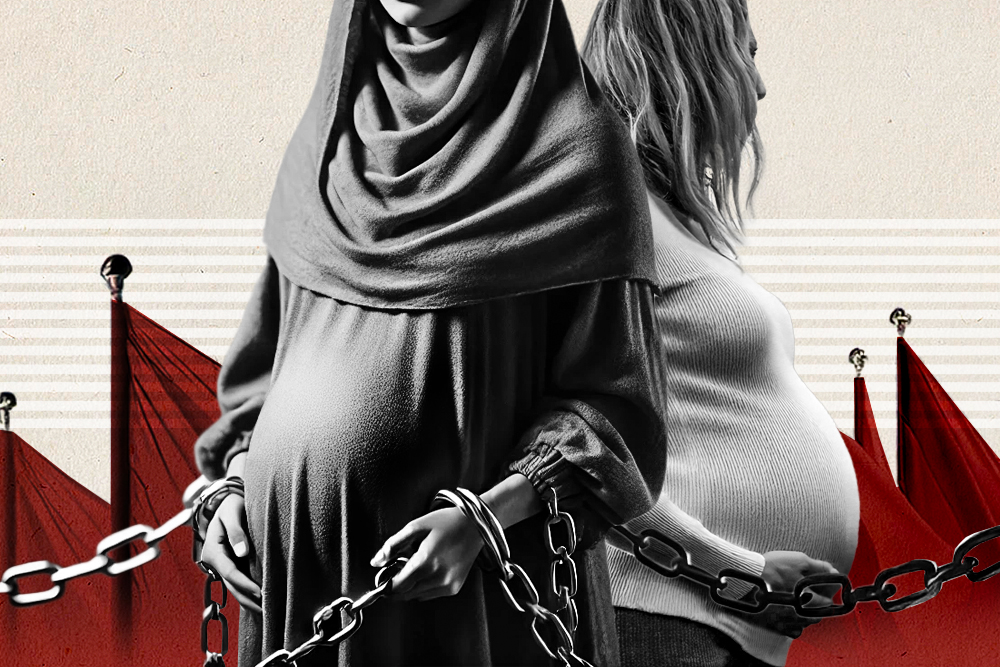Germany says ‘serious movement’ needed from China in EV tariff row

By Andreas Rinke and Friederike Heine
(Reuters) -Germany wants “serious movement” from China on the issue of tariffs on imported electric vehicles and hopes that talks in the coming weeks can stave off an escalating trade conflict that the transport minister on Friday warned could be catastrophic.
Chancellor Olaf Scholz’s government is pushing for what it calls an “amicable” solution after the European Union threatened to impose swingeing anti-subsidy tariffs to shield European automakers from competition.
As Europe’s largest economy, Germany’s voice carries particular weight and its leading car manufacturers have vociferously opposed the EU tariffs, fearing retaliatory measures could harm their business in the vast Chinese market.
“It would be very desirable to come to an amicable solution, but it is also clear that serious movement is needed on the Chinese side,” the spokesperson said during a regular news conference.
Speaking at the same briefing, Germany’s economy ministry spokesperson said the EU must find a solution that conforms with World Trade Organisation norms.
Economy Minister Robert Habeck travels to China next week. His ministry said Habeck will not be involved in the tariff negotiations directly but would push for fairer trade conditions during meetings with Chinese officials.
“Nobody wants a trade war with China,” said Volker Wissing, the transport minister from Scholz’s pro-business Free Democrats coalition partner.
“It would be a catastrophe for Germany and it would not be beneficial for the European Union either,” he told the dpa news agency in an interview quoted by the Tagesspiegel newspaper.
Bloomberg News on Friday reported Germany wants to prevent the car tariffs from coming into force or at least soften them, but German officials did not confirm this.
Europe’s auto industry had warned against imposing the tariffs, with German carmakers the most exposed to any counter moves as almost a third of their sales came from China in 2023.
BMW’s all-electric Mini made in China is set to be hit by the highest EV tariff of 38.1% under the EU’s plans, a source familiar with the matter said, a potential terminal blow for the mid-range car’s sales prospects.
Mass production of the roughly 35,000-euro ($37,000) vehicle, produced by a BMW and China’s Great Wall Motor Co Ltd joint venture, began late last year.
With production still in early days, the JV was unable to fulfil the European Commission’s survey to the level of detail required to be classed as a company cooperating with the investigation, the source said. BMW declined comment.
RETALIATION THREAT
In a sign of escalation, Chinese firms have formally applied for an anti-dumping probe into pork imports from the EU, the state-backed Global Times reported.
The threatened Chinese countermove on EU pork opens a new front in one of the world’s key trading relationships but may be seen as less punitive on Berlin than other EU capitals.
“China’s investigation on EU pork can be interpreted as a specific choice to avoid hurting Germany, which is helping to prevent or soften EU tariffs. Spain and France, which are major pork suppliers, were pro-tariffs,” said Chim Lee, senior China analyst at the Economist Intelligence Unit.
Fears of escalating trade tensions have hit Europe as countries are still recovering from the economic shocks from the pandemic, higher inflation and interest rates and an energy crisis after the 2022 Russian invasion of Ukraine.
Germany has trodden a fine line with Beijing, wanting to “de-risk” its economy from relying too heavily on China but at the same time pushing for greater market access for its own firms.
(Reporting by Andreas Rinke, Friederike Heine, Victoria Waldersee, Christina Amann Mei Mei Chu, Gursimran Kaur; Writing by Matthias Williams; Editing by Kim Coghill, Susan Fenton, Christina Fincher, Peter Graff)







